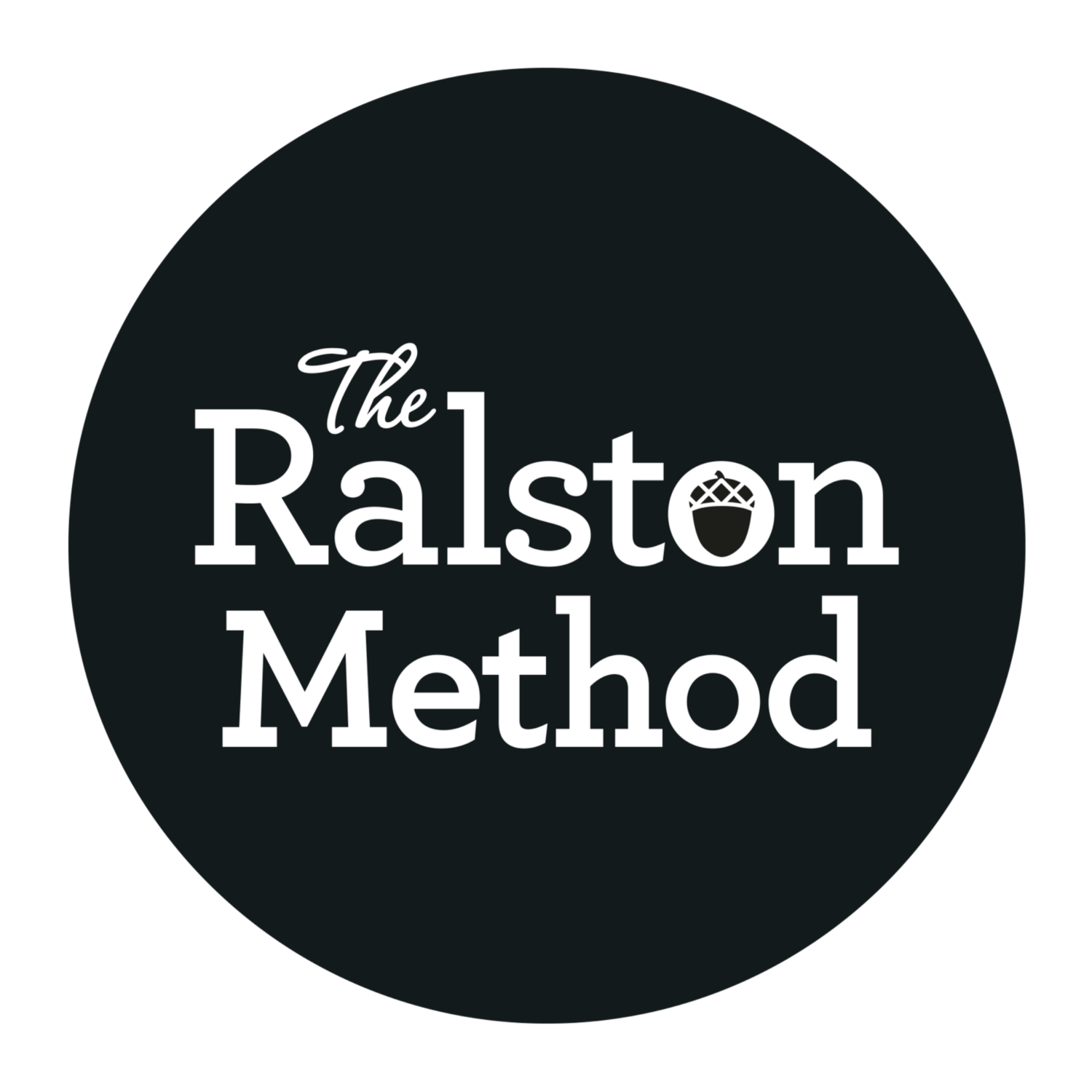The Science of Recovery: Why Rest is Essential for Women’s Health
In our culture, “more is better” often drives workouts, productivity, and life in general. But recovery is just as important as activity, especially for women balancing hormonal shifts, work, and family. Recovery is not rest in name only—it’s a scientifically critical component of strength, metabolism, cognitive function, and long-term wellness.
Why Recovery Matters
Muscle repair and growth: Resistance training stimulates micro-tears in muscle fibers. Recovery allows protein synthesis to build stronger, denser muscles.
Bone health: Rest allows bones to adapt to loading, maintaining density and reducing fracture risk.
Hormonal regulation: Sleep and rest optimize cortisol, growth hormone, and sex hormone production.
Scientific Insight
Evidence shows that inadequate recovery can:
Impair muscle growth and strength gains (Schoenfeld, 2010).
Increase cortisol levels, negatively affecting mood, metabolism, and immune function (Leproult & Van Cauter, 2010).
Reduce cognitive performance, including memory, focus, and executive function (Walker & Stickgold, 2006).
Active Recovery vs Complete Rest
Recovery doesn’t always mean doing nothing. Active recovery, like yoga, mobility work, walking, or gentle swimming—supports circulation, reduces soreness, and improves flexibility, while still allowing the body to heal. Mindful recovery practices also reduce stress and support hormonal balance, which is particularly important for women in midlife.
Practical Takeaways for Recovery
Prioritize 7–9 hours of quality sleep each night.
Include mindful movement or yoga sessions on rest days.
Schedule periods of low-intensity activity to support circulation and joint health.
Listen to your body: soreness, fatigue, or irritability are signs you may need extra recovery.
Recovery is not optional—it’s essential. Women who honor rest and integrate active, mindful recovery into their routines experience stronger muscles, healthier bones, balanced hormones, and clearer minds. Strength isn’t just about lifting, it’s about knowing when to rest, recharge, and rebuild.
